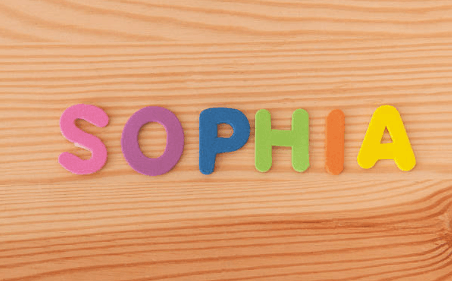Background:Qvkjyvkd2mc= Sophia

Sophia, the humanoid robot developed by Hanson Robotics, stands at the forefront of artificial intelligence and robotics, prompting critical examination of our evolving relationship with technology. Her capabilities, including facial recognition and natural language processing, not only showcase technical innovation but also raise pressing questions regarding ethics and emotional intelligence in human-robot interactions. As society grapples with the implications of integrating such advanced entities into everyday life, one must consider the broader consequences of this integration. What does the future hold for human-robot coexistence, and how will it reshape our understanding of companionship and autonomy?
Development of Sophia
The development of Sophia, a humanoid robot created by Hanson Robotics, represents a significant advancement in artificial intelligence and robotics.
This innovation raises important discussions around robot ethics, particularly in the context of Sophia’s capacity for emotional intelligence.
See also: Background:Mhzcqx2noqg= Cool Designs
Key Features and Technologies
Sophia showcases a range of advanced features and technologies that exemplify the cutting edge of humanoid robotics.
Its intelligent design incorporates sophisticated facial recognition and natural language processing, enabling dynamic interactions.
Additionally, machine learning algorithms allow Sophia to adapt and improve responses over time, enhancing user engagement.
These elements collectively position Sophia as a significant advancement in the field of robotics.
Impact on Society
Transformative advancements in humanoid robotics, exemplified by Sophia, raise important questions about their impact on society.
Ethical considerations regarding autonomy and decision-making capabilities must be addressed, as they could influence human relationships and trust.
Additionally, societal implications include potential job displacement and shifts in communication dynamics, necessitating a reevaluation of our values and responsibilities in the face of rapidly evolving technology.
Future of Human-Robot Interaction
As advancements in technology continue to progress, the future of human-robot interaction promises to reshape various aspects of daily life.
Enhanced emotional intelligence in robots will facilitate more meaningful connections, while ethical considerations will guide their integration into society.
Addressing privacy, autonomy, and accountability will be crucial as we navigate this evolving landscape, ensuring that human values remain central to robotic development.
Conclusion
In conclusion, the evolution of Sophia symbolizes the modern Prometheus, embodying the duality of human innovation and ethical responsibility. As advancements in artificial intelligence and robotics continue to reshape societal norms, the implications of integrating humanoid robots into daily life warrant careful consideration. By examining the intricate relationship between humans and machines, a nuanced understanding of the potential benefits and challenges can emerge, guiding future discourse on the role of artificial companions in a rapidly changing world.




